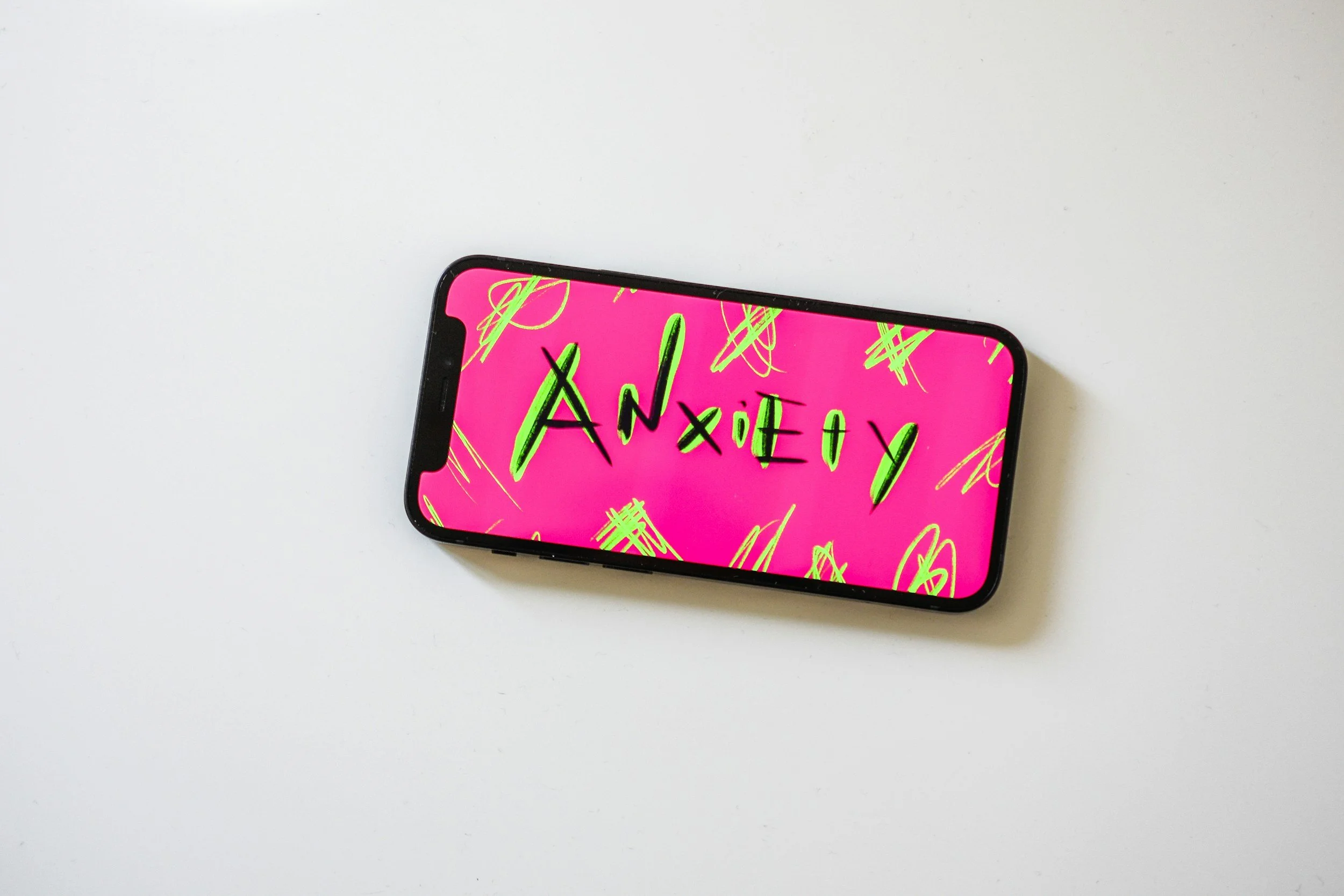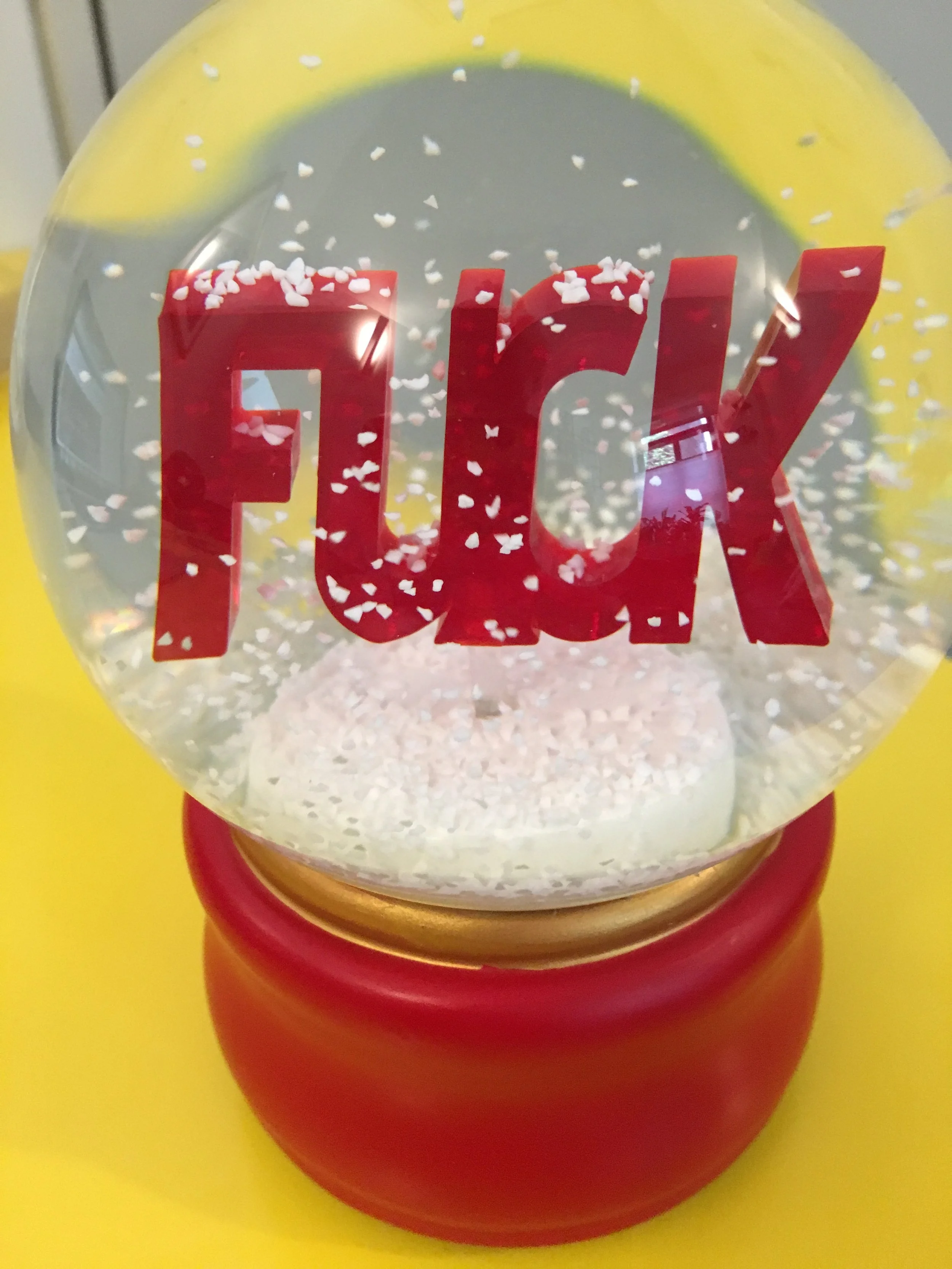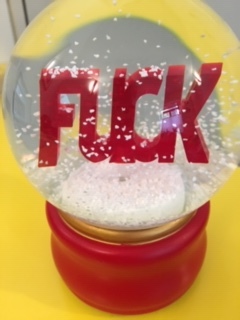So you’re standing in the kitchen beating yourself up because the spinach went bad. Again.
You swore you bought it two days ago, and now it’s a pile of slimy sadness.
And the part that’s really messing with you?
This spinach thing feels like a crisis—and you can’t logic your way out of it.
Welcome to perimenopause, where your anxiety gets louder, your fuse gets shorter, and your brain feels like it’s glitching in ways that make you question everything.
You're not crazy. You're not broken. You're not weak.
You're in a chapter no one warned you about—and it’s affecting your nervous system hard.
Let’s break it down.
This Isn’t the Menopause You Were Taught to Expect
You probably thought menopause was just a thing that happened later—a quiet ending to periods sometime around 50. Maybe a hot flash or two, maybe not. End of story.
But perimenopause is the shitshow before the show.
It can start in your late 30s or early 40s, and it’s sneaky. You might still be getting your period (sort of), but everything else starts to go sideways. And anxiety? It often skyrockets.
From my research on the interwebs, here’s why:
Your hormones are fluctuating constantly—especially estrogen and progesterone, which directly impact your brain’s ability to regulate mood and stress.
Sleep goes to hell—and that alone can crank up anxiety.
Your nervous system becomes more sensitive, especially if you’ve had trauma or high-functioning anxiety to begin with.
So if you were already a little tightly wound (because, let’s be real, most high-functioning anxious women are), perimenopause is like someone turning the volume up to 11… and then smashing the knob off.
Why Does It Feel Like I’m Losing Control?
Because in some ways, you are—at least temporarily.
Your brain chemistry is shifting. Your body is doing shit you can’t predict. You’re still trying to work, manage your calendar, show up for friends, pay bills, act like everything’s fine... and now you’ve got random tears, hot flashes, rage outbursts, and anxiety spirals that make zero sense.
This is particularly hard if you’re childfree by choice. Because let’s be honest: society tends to frame this entire hormonal chapter as being about motherhood or fertility loss.
But what if you never wanted kids?
What if you built a life around independence, autonomy, and freedom?
Then this whole perimenopause thing doesn’t just feel like your body changing.
It can feel like your identity shaking.
It’s Not Just Hormonal—It’s Existential
Here’s the part that often gets missed:
Perimenopause isn’t just about your ovaries slowing down. It’s a deep identity shift, too.
For many childfree women, this is the first time the culture really treats you like you're “aging out” of womanhood—like you’re invisible, irrelevant, or “less than” because you didn’t follow the mom track.
You might be asking:
Is this all there is?
Why do I feel so restless?
What do I actually want next?
This can bring up old grief, unresolved trauma, and buried anxiety. And it makes sense that your nervous system is sounding every alarm it has. It’s not just a chemical shift—it’s a life shift.
How Anxiety Shows Up Differently Now
You might be used to your particular flavor of anxiety. Maybe you overwork, overthink, overgive, stay “on” all the time to feel safe. Maybe you manage it with lists, control, and pushing through.
But now? That system’s failing.
Your body is saying: no more.
Here’s what perimenopause anxiety can look like:
Waking up at 3 AM with dread and spiraling thoughts
Crying over things you’d normally brush off
Overwhelm that hits fast and feels physical
Rage outbursts that scare even you
Feeling like you're crawling out of your skin in social situations
Losing words mid-sentence and panicking about it
Obsessive worry about time slipping away
None of this means you’re broken.
It means your system is trying to adapt—and sending out every warning flare it has.
SO, What the Fuck can You Do About It?
Let’s start here: you don’t need to “calm down” or “get over it.”
You need to rebuild your foundation—physically, emotionally, mentally.
That starts with:
Getting clear on what’s happening.
Understand that hormones do impact mood. You’re not imagining this. You’re not making it up. And you're not a failure for not handling it perfectly.Listening to your body instead of pushing through.
I know this goes against every high-functioning instinct you have, but your body isn’t betraying you—it’s begging you to pay attention.Letting the mask fall a little.
You don’t have to pretend everything’s fine. You don’t have to keep being the “together one” for everyone else.Working with a therapist who gets it.
This is where therapy can be life-changing—not the surface-level stuff, but real, rooted healing. The kind that helps you reprocess old shit, meet your anxious parts with compassion, and build something new from the ground up.
You’re Not Starting Over. You’re Rebuilding Forward.
This isn’t the end of your power.
This is where you reclaim it.
You don’t have to keep carrying everything. You don’t have to keep pretending.
You don’t need to just survive this chapter—you get to grow through it.
Yes, it’s messy. Yes, it’s weird. Yes, it’s disorienting as hell.
But it’s also your chance to pause, burn down what’s not working, and rebuild a life that actually supports you.
You’re not losing your shit.
You’re waking up.
And if you want support navigating that wake-up call, that’s exactly what I’m here for.
Ready to stop holding it all together alone?
Let’s rebuild what burnout, patriarchy, and anxiety tried to destroy.
Let’s grow something better. For real this time.






















